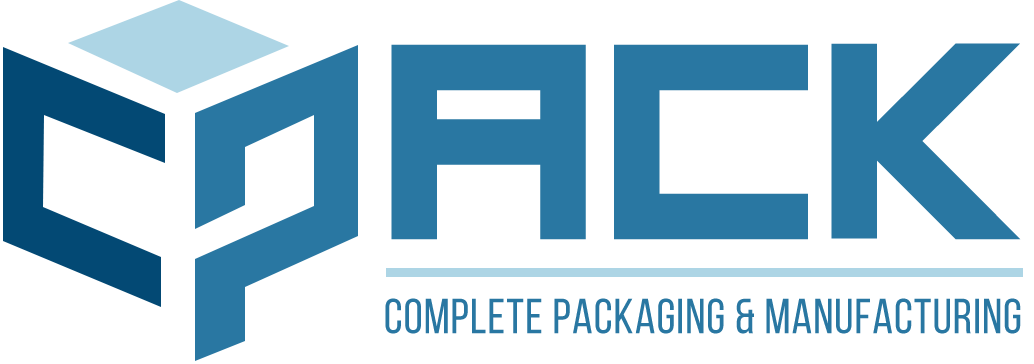Contract manufacturing is a term you may have heard if you’re involved in business or manufacturing. But what does it really mean? Simply put, contract manufacturing is a business arrangement where one company (the client) hires another company (the manufacturer) to produce products or components. This can be an excellent way for businesses to scale up their production, reduce costs, or focus on their core competencies.
In this blog, we’ll delve into the ins and outs of contract manufacturing, including how it works, its benefits, and potential drawbacks. By the end, you’ll have a clear understanding of why so many businesses choose this route and how it might work for you.
What is Contract Manufacturing?
Contract manufacturing is a business practice where a company outsources the production of goods or components to another company. Instead of investing in manufacturing facilities and equipment, a company can leverage the capabilities and expertise of a contract manufacturer to produce its products. This model is prevalent across various industries, including electronics, pharmaceuticals, food and beverage, and consumer goods.
How Does Contract Manufacturing Work?
The contract manufacturing process typically involves several key steps:
- Identifying the Need: A company identifies a need for a product or component but lacks the resources or expertise to manufacture it in-house. This need could arise from a desire to expand product lines, reduce costs, or focus on core business functions.
- Selecting a Contract Manufacturer: The company searches for a suitable contract manufacturer. This involves evaluating potential partners based on their production capabilities, quality standards, costs, and reputation.
- Negotiating the Contract: Once a manufacturer is selected, both parties negotiate a contract outlining the terms of the agreement. This includes details about production volumes, timelines, quality standards, costs, and intellectual property rights.
- Production: The contract manufacturer begins producing the products or components according to the specifications provided. The client company may oversee the production process to ensure it meets quality standards.
- Quality Control and Delivery: After production, the contract manufacturer conducts quality control checks to ensure the products meet the agreed-upon standards. Once approved, the products are delivered to the client company or directly to customers.

Benefits of Contract Manufacturing
Contract manufacturing offers several advantages for companies looking to streamline their operations or expand their product offerings. Here are some of the main benefits:
Cost Savings: Setting up and maintaining manufacturing facilities can be expensive. By outsourcing production, companies can avoid these capital expenditures and reduce operational costs.
Access to Expertise: Contract manufacturers often have specialized expertise and state-of-the-art facilities. This allows companies to benefit from advanced technology and industry knowledge without investing in them directly.
Scalability: Contract manufacturing provides flexibility to scale production up or down based on demand. This is particularly useful for businesses with fluctuating or seasonal product needs.
Focus on Core Competencies: Outsourcing production allows companies to concentrate on their core business activities, such as product development, marketing, and sales.
Faster Time to Market: With an established manufacturing partner, companies can often bring products to market more quickly than if they were to set up their own production facilities.
Risk Mitigation: Contract manufacturing can help mitigate risks associated with production, such as equipment failures or supply chain disruptions. The contract manufacturer assumes responsibility for these risks.
Drawbacks of Contract Manufacturing
While contract manufacturing offers numerous benefits, it’s not without its challenges. Here are some potential drawbacks to consider:
Quality Control: Ensuring consistent quality can be challenging when production is outsourced. Companies need to establish robust quality control processes and maintain clear communication with their manufacturing partners.
Dependence on the Manufacturer: Relying on a third party for production means that any issues or delays on their end can impact your business. It’s crucial to choose a reliable and reputable contract manufacturer.
Intellectual Property Risks: Sharing product designs and proprietary information with a contract manufacturer can pose risks to intellectual property. Companies should carefully address IP rights and confidentiality in their contracts.
Communication and Coordination: Effective communication and coordination are essential for a successful contract manufacturing relationship. Misunderstandings or delays can lead to production issues or missed deadlines.
Hidden Costs: While contract manufacturing can be cost-effective, there may be hidden costs associated with the arrangement, such as additional fees for changes in production volumes or unexpected quality issues.

Choosing the Right Contract Manufacturer
Selecting the right contract manufacturer is a critical step in ensuring a successful partnership. Here are some factors to consider:
- Experience and Expertise: Look for a manufacturer with experience in your industry and expertise in producing the type of products you need.
- Reputation: Research the manufacturer’s reputation by checking references, customer reviews, and industry certifications.
- Capabilities: Ensure the manufacturer has the necessary equipment, technology, and capacity to meet your production requirements.
- Quality Standards: Verify that the manufacturer adheres to stringent quality control measures and industry standards.
- Communication and Support: Choose a manufacturer that offers clear communication and support throughout the production process.
- Cost and Terms: Negotiate favorable terms and ensure that the cost structure is transparent and aligned with your budget.
Conclusion
Contract manufacturing is a valuable business strategy that allows companies to leverage external expertise and resources for producing goods or components. By outsourcing production, businesses can achieve cost savings, access advanced technology, and focus on their core competencies. However, it’s essential to carefully consider the potential drawbacks and choose a reliable manufacturing partner to ensure a successful arrangement.
Whether you’re a small business looking to expand your product line or a large corporation seeking to optimize production, contract manufacturing can offer significant advantages. By understanding how it works and evaluating your needs, you can make informed decisions that support your business goals and drive growth.
If you’re considering contract manufacturing for your business, take the time to research potential partners, negotiate clear agreements, and establish strong communication channels. With the right approach, contract manufacturing can be a powerful tool for achieving operational efficiency and market success.





